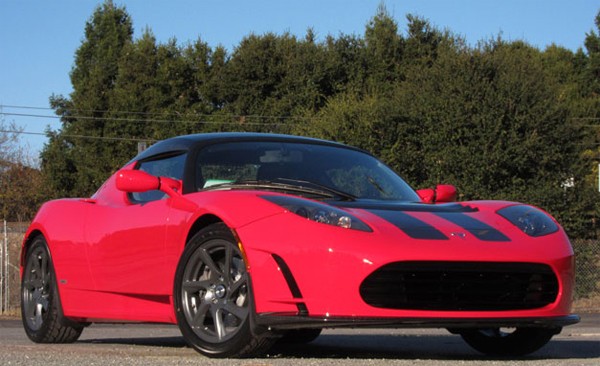If you're not sure who the customer is, then it probably isn't you
I don't really care about the Olympics, with the exception of a couple of Men's Basketball games I'm looking forward to catching. For some reason I find it a little odd that so many people suddenly fake interest about things like archery or air rifle or synchronized diving for one day every four years just because we hope our 17 year old kid can defeat the 17 year old kid from some other country. That looks like a fun game, I must admit
That looks like a fun game, I must admit
But even in my state of extreme Olympic apathy, I have caught, as I am sure you have as well, the ridiculous amount of complaints about the USA TV coverage of these Olympic games, being brought to US TV's, (and smart phones, and tablets, and computers), by NBC.
The chief complaint? Tape delayed TV coverage, i.e., not televising certain marquee events as they happen live, (mostly in the morning or early afternoon in the USA), and 'saving' them for Prime time broadcast later that evening when TV audiences are at their peak, and in the only part of this that matters, when advertisers pay a hefty premium for commercial time.
Of course in the modern, social age, where everyone is a critic/pundit/expert, the Tape Delay strategy has resulted in what has been branded a colossal #NBCFail, with Twitter, Facebook, and the rest of the more traditional news outlets results of the actual competition outcomes are just about impossible to avoid for the five or six or seven hours lag until NBC deems it appropriate, (and most profitable), to air on TV.
So what many Olympics fans are left with (at least here in the USA), is what amounts to a set of pretty poor options - watch events live on a computer or smart phone (in the middle of the day, not always possible or convenient), try and avoid news or social media reports of event outcomes all day and watch the prime time broadcast (not really feasible for most), or give in to curiosity or inevitability and learn the event outcomes ahead of time, and watch the prime time tape delayed broadcast anyway, (you know, to get all the 'human drama' stuff).
All three options kind of stink, and if you really cared about this stuff, I can understand your frustration.
But here's the thing, NBC doesn't care about you. NBC is delivering what the customers demand, and they ain't you. The customers are the advertisers, and what they demand - lots and lots of eyeballs on its prime time broadcasts, is definitely being delivered despite the tape delay #NBCFail approach.
You want to know how you can get over your anger and frustration with NBC's Olympic coverage?
Just keep reminding yourself that you're not the customer, you're the product. Say it with me again, you're not the customer, you're the product.
And file the NBC Olympics broadcast coverage into the file along with Facebook, Twitter, Instagram, Pinterest, foursquare - and wherever else you waste spend your time these days.
Now I have to get back to watching my new favorite sport, Team Handball.

 Steve
Steve

